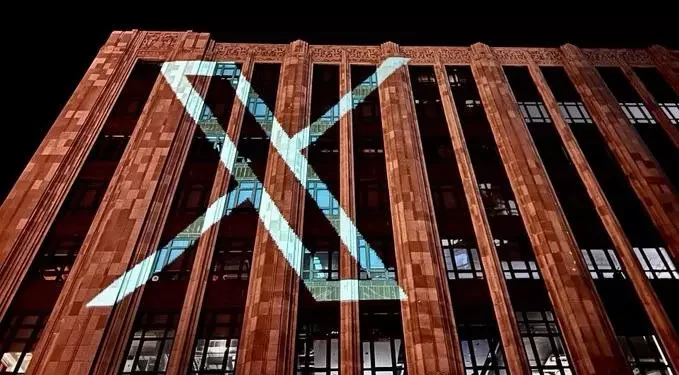In a significant judgment on online content regulation, the Karnataka High Court has upheld the Centre’s orders enabling police officials across India to issue content takedown requests through the Sahyog portal.
The ruling has triggered a strong reaction from social media platform X (formerly Twitter), which announced plans to appeal, calling the decision a threat to free speech and due process.
Court Backs Government’s Authority
A division bench of the Karnataka High Court dismissed X’s petition challenging directives to block specific accounts and posts flagged by authorities.
The court ruled that the regulation of social media platforms was “the need of the hour,” stressing that no company could operate in India without complying with its regulatory framework.
“Social media companies cannot be allowed to work unregulated in India. Every company seeking to operate here needs to know this,” the bench stated.
Article 19 Protection Limited to Citizens
In its judgment, the court clarified that the fundamental right to freedom of speech and expression under Article 19 of the Indian Constitution applies exclusively to Indian citizens, not foreign corporations.
“Article 19 remains the charter of rights for citizens only. The protective embrace of Article 19 cannot be invoked by those who are not citizens,” the bench observed, rejecting X’s argument that its operations were entitled to constitutional protection.
Concerns Over Algorithms and Influence
The court also took note of the influence that social media algorithms have in shaping public opinion, calling for greater scrutiny of these systems. The bench questioned whether the “menace of social media” required stricter regulation to prevent misinformation and potential harm to public order.
Centre’s Expanded Powers Since 2023
The Sahyog portal, launched in October 2023, allows police officials to directly submit takedown requests citing “illegality” without prior judicial review or notice to affected users. The government has steadily expanded the pool of authorised officials who can use the platform.
X’s Reaction: “No Basis in Law”
Responding to the verdict, X issued a statement describing the ruling as “deeply concerning” and pledged to continue defending free expression in India.
“This new regime has no basis in the law, circumvents Section 69A of the IT Act, violates Supreme Court rulings, and infringes Indian citizens’ constitutional rights to freedom of speech and expression,” the company stated in a post on its platform.
X further warned that the system could allow “millions of police officers across India” to issue arbitrary takedown orders, threatening platforms with criminal liability for non-compliance and undermining due process.





























